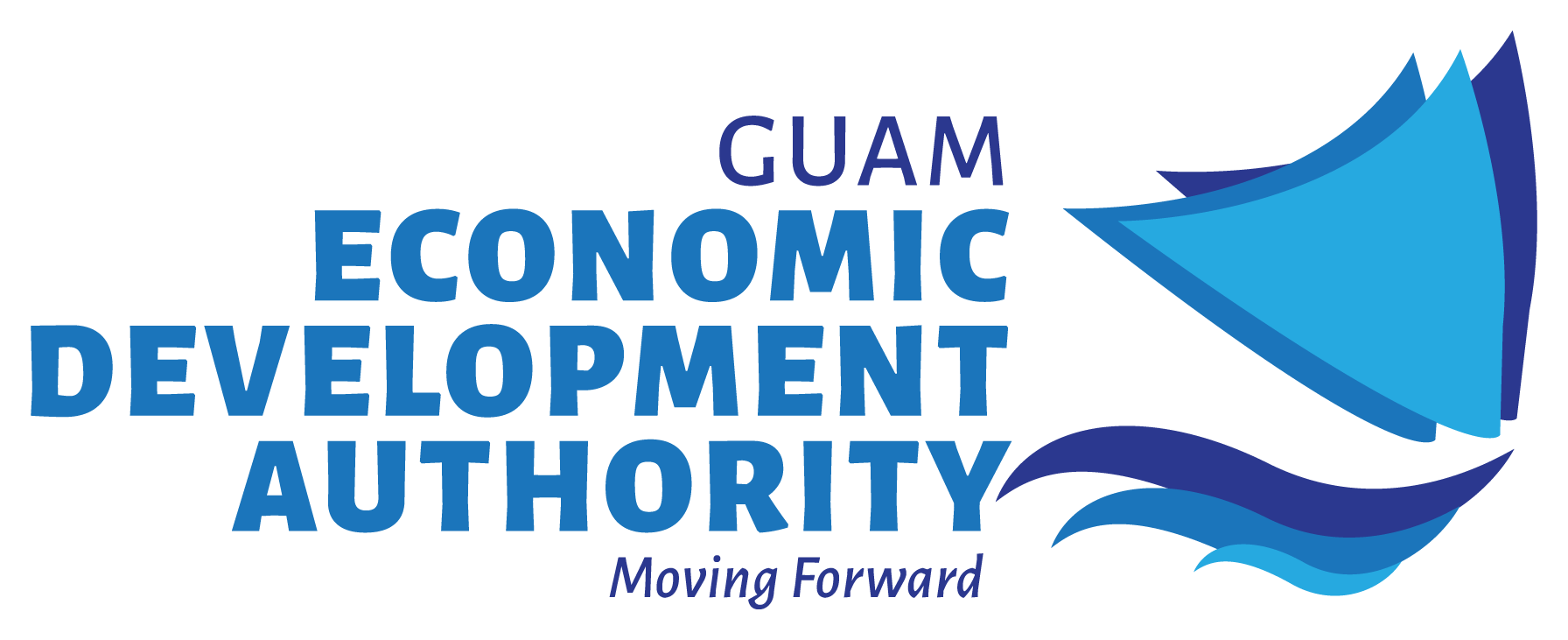
Real Property Development Resources
GEDA’s Real Property Division manages certain public lands and properties within the GEDA Industrial Park Program, the Guam Ancestral Lands Commission (GALC), and the Chamorro Land Trust Commission (CLTC). The GALC oversees properties returned by the U.S. Government to GovGuam, with all remaining public lands being under the purview of the CLTC. Other GovGuam agencies such as the Guam International Airport Authority (GIAA) and the Port Authority of Guam (PAG) manage various properties within their own purview.
GEDA is also responsible for the development and management of the Industrial Park Program which consists of 23 individual property leases on 177 acres of developed land spread over parts of Harmon, Tamuning and a 2.8-acre lot within the Port Authority. The program has generated an average annual employment of 600 jobs, average annual payroll of over $26 million, average annual gross sales of $92 million, and annual gross receipts tax of $4 million. Activities in the park include light manufacturing of carpeting and blinds, light manufacturing of household and commercial furniture and appliances, light manufacturing of industrial machinery parts, boat assembly and servicing, vehicle equipment and storage, tire repair and sales, tire shredding service, auto rental, automotive detailing, , commercial and apparel printing, film processing, postal service facility, fitness centers, restaurants, dry cleaning, medical/health clinics and lab, various GovGuam agencies, a financial institution, leased commercial spaces, an electronic shop, a religious organization, a non-profit organization, an entertainment center, a sign manufacturer and installer, metal shops, retail equipment sales, and an electric power substation.
In order to promote, expand, and aid investment and economic activity, GEDA is uniquely positioned to assist individuals and or firms in real property development. Through its various available programs, GEDA is able to directly assist investment opportunities via loan programs, tax incentives or identifying available public lands for development.
With GEDA’s own internal divisions or working in concert with other government or private entities, GEDA is also able to provide pertinent information and assistance in guiding potential investors with navigating the most current local and federal statutes, regulations, and procedures with regard to real property development.
Government property may be leased, subleased or rented through a number of the following various means:
- Request for Proposals (RFP) for Lease
- Various government agencies may advertise the availability of property available for lease or development in local media as well as their own respective website and request prospective offerors to submit proposals to do so
- Proposals are received, ranked, and negotiated in accordance with the criteria and procedure as outlined in the RFP with a goal to lease said property
- This method may be initiated by either a government agency or a potential developer’s “Letter of Interest” to the government agency indicating a desire to lease
- Leases are normally utilized for longer term, less restrictive, development and use and may also confer more use rights than other methods
- License
- Various public agencies may also license properties directly to a potential tenant or developer
- This method may be initiated by either a government agency or a potential developer’s “Letter of Interest” to the public agency indicating a desire to license
- Licenses are traditionally utilized for short term (year-to-year)
- Licenses are traditionally more restrictive with to specific use(s)
- Legislation
- The Guam Legislature may lease or license government property through passage of a legislative bill for either a short or long term occupancy or purpose
- This method requires introduction of a bill to lease by a sitting senate member, a (or a number of) public hearing(s) and final concurrence by the governor of Guam
The term (length of time) may be annually (year-to-year), less than 5 years, more than 5 years, or up to 99 years inclusive of the initial term plus any or all optional term(s). The term of a prospective lease may be determined by a number of factors, primarily depending on the property in question, the agency who has controlling interest in the property and, method utilized to secure a lease.
The cost (rent) to lease government property will depend on a number of factors, primarily depending on the property in question, the agency who has controlling interest in the property and, method utilized to secure a lease. While rental amount may be negotiated, Fair Market Value (FMV) is normally considered when determining the appropriate rental amount.
Contacting the respective agency directly, with a letter of interest in a particular property, who has controlling interest in the property is normally a recommended first step. If you do not know which agency has controlling interest in the property, please feel free to contact the GEDA office at 1-(671)-647-4332 or via email at help@investguam.com. If a particular property is already being leased or licensed by a third party, you may also contact the current tenant for additional information.
You should include, at minimum, the following items in a Letter of Interest:
- Date
- Your Name
- Your Organization
- Your contact information
- Description of the Property in Question
- Intended use and desired term for lease
Your letter should be addressed to the Director, General Manager, or Administrator of the public agency who has controlling interest in the property.
Private property leasing or renting requires you to contact the private individual, estate, or organization who owns, or has controlling interest in a property. If you do not know who the property’s controlling party is, you may contact any of Guam’s local real estate companies for further information.
Guam Economic Development Authority
590 S. Marine Corps Dr.
ITC Building, Suite 511
Tamuning, GU 96913
Phone: 671-647-4332 • Fax: 671-649-4146
Monday – Friday, 8:00 am – 5:00 pm except Government Holidays

